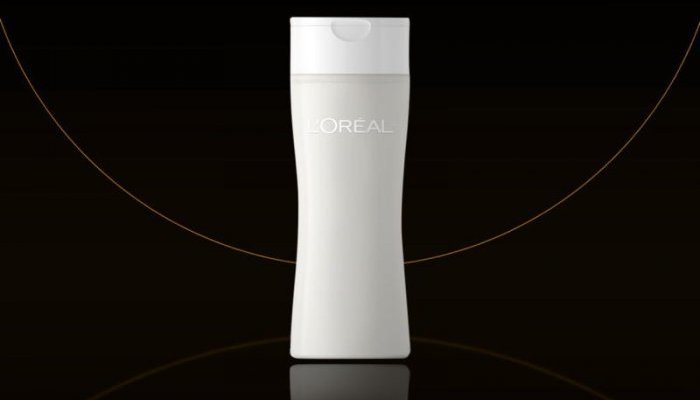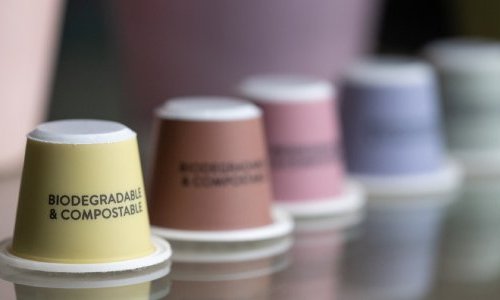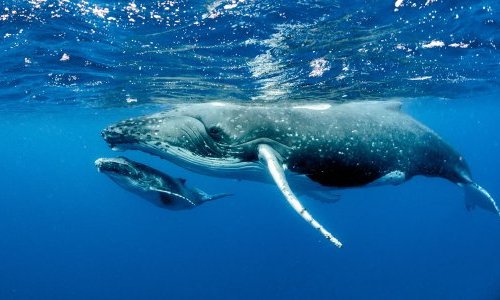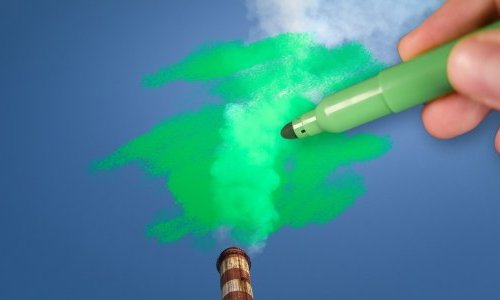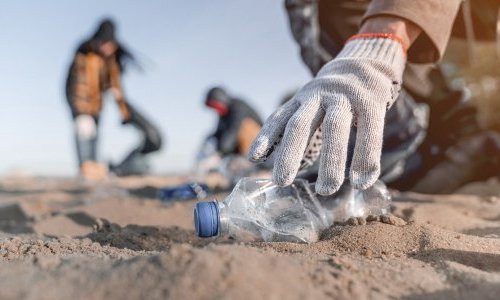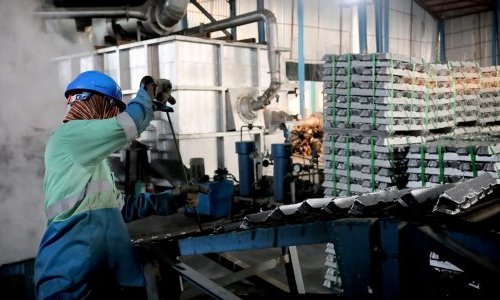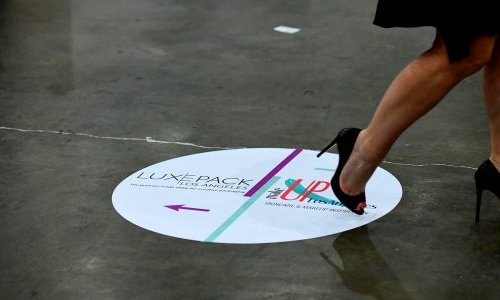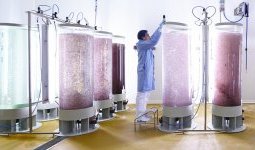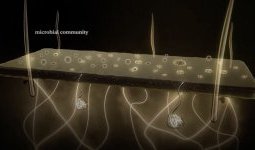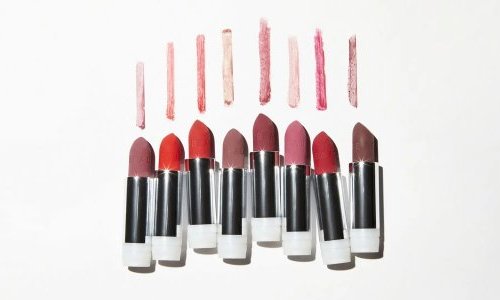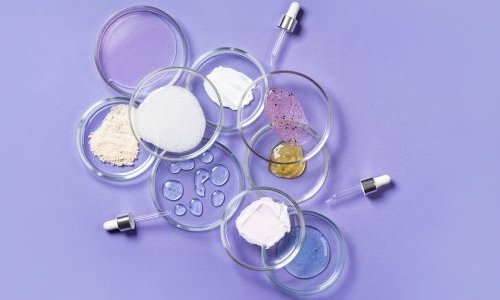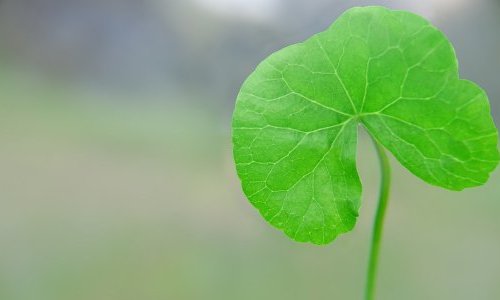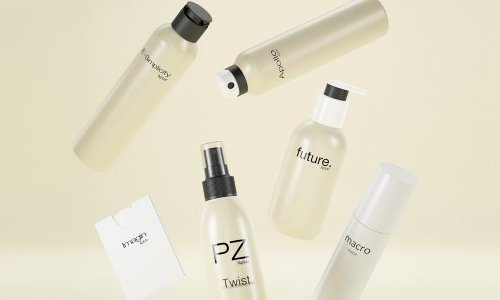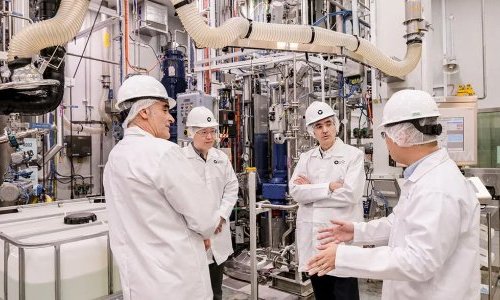Claimed to be a “worldwide premiere”, the production of this bottle is based on a three-step process in which each of the three companies has a specific role: LanzaTech captures industrial carbon emissions and converts them into ethanol using a unique biological process, Total transforms ethanol into ethylene before polymerizing it into polyethylene, and finally L’Oréal uses this polyethylene to produce the plastic packaging.
While the conversion process has been successfully tested it still has to be industrialized. This second phase could be completed by 2024.
Turning pollution into packaging
The source of this innovation is the carbon monoxide capture process developed by LanzaTech. Basically, the idea is to convert industrial gazes typically produced by steel manufacturing plants, oil refineries or the chemical industry. These gases are sent to a bioreactor where LanzaTech proprietary bacteria transform the carbon monoxide into ethanol and various co-products during a fermentation process. Once separated, the ethanol can be used as fuel or as a chemical raw material.
Thus, the gases recycled from steel mill emissions in China, where LanzaTech has installed a recycling unit, were used to produce ethanol for the Podtz and Migos Plus lines of household products marketed since this summer by Mibelle Group in Switzerland.
Considering the environmental footprint of the process, recycling carbon emissions is an interesting alternative to the production of ethanol from sugar, since it does not need to use agricultural land and helps reducing greenhouse gases emissions that would otherwise warm the climate further. The process is tolerant to different levels of hydrogen and to the presence of various contaminants typically found in industrial gases.
To transform ethanol into ethylene, Total uses a dehydration process jointly developed with IFP Axens. Like the sugar ethanol transformation process implemented by Braskem in Brazil, this technology makes it possible to obtain ethylene, then polyethylene, with exactly the same characteristics than polyethylene obtained from fossil oil.
Industrialisation phase
Now that the possibility to produce plastic packaging from industrial carbon emissions has been demonstrated, the three partners now intend to continue working together on scaling the production of these sustainable plastics. This will involve the construction of a LanzaTech gas recovery unit, currently underway near an Arcelor Mittal steel plant in Belgium, as well as the development of ethanol processing facilities.
“We have the ambition to use this sustainable material in our bottle of shampoo and conditioner by 2024 and we hope other companies will join us in using this breakthrough innovation,” said Jacques Playe L’Oréal Packaging & Development Director, L’Oréal.

